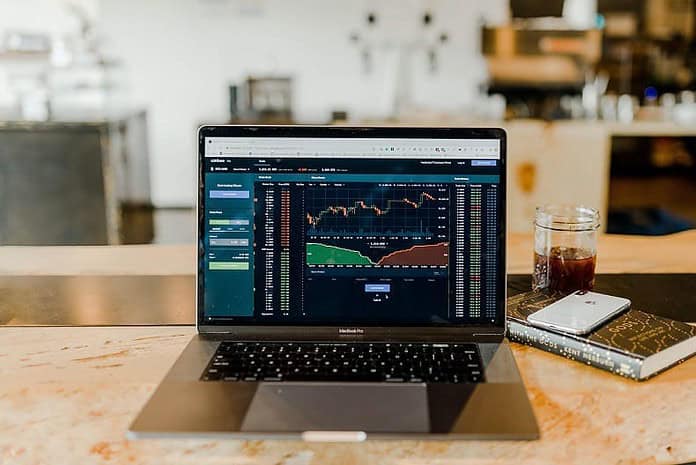Insider trading is a hot-button issue in financial markets, where confidential information is exploited for personal gain. This practice disrupts market fairness and erodes investor trust.
We’ll dive into the various penalties, from hefty fines to prison sentences, highlighting the legal and financial repercussions of this serious offense. Immediate Orbirex offers a platform where traders can connect with educational experts to better understand the implications of insider trading penalties.
Introduction: Understanding Insider Trading
Insider trading involves trading a company’s stock or other securities by individuals with access to non-public, material information about the company. This practice can distort market fairness and investor confidence.
It’s crucial to distinguish between legal insider trading, which involves corporate insiders trading stock in their own companies with proper disclosure, and illegal insider trading, where trades are based on confidential information not available to the public.
The legal landscape governing insider trading is complex. In the U.S., the Securities Exchange Act of 1934 and the Insider Trading Sanctions Act of 1984 form the backbone of regulations. The SEC, or Securities and Exchange Commission, enforces these laws.
They aim to maintain market integrity by ensuring all investors have equal access to crucial information. Over the years, various amendments and court rulings have shaped insider trading laws, making them more stringent. For instance, the Dodd-Frank Act of 2010 introduced further measures to curb financial misconduct.
Criminal Penalties: Severe Repercussions
Illegal insider trading carries heavy criminal penalties. Violators may face substantial fines, often reaching millions of dollars. For instance, the maximum criminal fine for individuals can be up to $5 million, while for corporations, it can escalate to $25 million.
Beyond monetary penalties, imprisonment is a significant deterrent. Offenders can receive prison sentences of up to 20 years. This severe punishment underscores the seriousness of the offense and its impact on market integrity.
High-profile cases highlight these severe repercussions. Take Martha Stewart’s case in 2004; she served five months in prison for her involvement in insider trading. Raj Rajaratnam, the founder of the Galleon Group, received an 11-year prison sentence in 2011, one of the longest for insider trading. These cases serve as stark reminders of the legal consequences of exploiting confidential information for financial gain.
Civil Penalties: Financial and Reputational Damage
Apart from criminal charges, insider trading also incurs civil penalties. The SEC can impose fines, which often amount to three times the profit gained or loss avoided from the illegal trades.
These financial penalties aim to strip offenders of their ill-gotten gains and serve as a deterrent to others. For instance, the SEC fined Rajat Gupta, a former Goldman Sachs director, $13.9 million for insider trading.
Disgorgement of profits is another tool used by the SEC. This requires violators to return any financial gains obtained through illegal trades. Additionally, courts can issue injunctions to prevent individuals from engaging in future violations.
These legal actions not only hit the violators’ wallets but also tarnish their reputations, making it difficult for them to regain trust in the financial community.
Administrative Sanctions: Regulatory Consequences
The fallout from insider trading isn’t limited to fines and jail time. Administrative sanctions can have a lasting impact on an individual’s professional life. Regulatory bodies can impose trading bans, preventing individuals from buying or selling securities. These bans can be temporary or permanent, depending on the severity of the offense.
License revocations are another serious consequence. Professionals such as brokers or financial advisors may lose their licenses, effectively ending their careers in the industry. For example, Mathew Martoma, involved in a massive insider trading scheme, was permanently banned from the securities industry.
Professional disqualifications extend to prohibiting individuals from serving as officers or directors of public companies. Compliance requirements also become stricter. Companies and individuals must adhere to rigorous reporting standards to prevent future violations. These regulatory consequences ensure that the financial markets operate transparently and fairly.
Conclusion
The consequences of insider trading are severe, ranging from substantial fines to lengthy prison terms. Understanding these penalties underscores the importance of market integrity and fair play. Always stay informed and consult financial experts to navigate investments ethically and legally.







